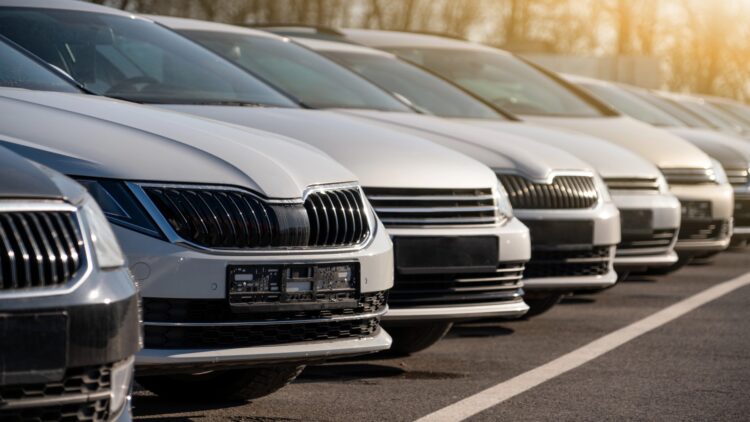A regulatory blitzkrieg has struck the automotive industry with a three-month government campaign in the most misleading marketing tactics by the authorities preparations to crackdown a net of false advertising, malicious defamation battle, and online manipulation schemes that poisoned the largest car market in the world threatening to reveal endemic corruption and may harm to those companies that end up in the crossfire of this three-month regulatory explosion.
Ministry targets false marketing and online irregularities
New Straits Times reported that China on Wednesday announced that it would unleash a three-month campaign that would see it crack down on false marketing and other online abnormalities in the automotive industry through the industry ministry. The move follows the intensification of regulations in May to an endless price battle that has caused bruised automakers, suppliers, and dealers in the largest auto market in the world.
Spreading of the negative topics associated with automakers by any parties intending to profit from it would be in the regulatory crossfire, the industry ministry stated in a statement. The ministry would ensure it works toward curbing the fake and misleading marketing on the internet, as well as the organization and inspiring of trolls online to slander competitors, it added.
According to a circular released by Ministries of Industry and Information Technology together with five other departments, a campaign against online misconduct related to the auto industry was announced across the nation, aiming at taxing behaviors that include making illegal profits, deceptive advertisement, and malicious defamation.
Specific violations under regulatory scrutiny
It will be three months based on the behaviors that will be targeted during the campaign, which include illegal profit-making, false advertising, and malicious defamation, as reported by Xinhua News Agency. The rationale lies in the fact that the initiative will contribute to the regulation of the marketing and promotion processes of auto businesses, create a favorable environment for the above-mentioned opinion, and facilitate the superior quality improvement of the auto industry.
Particular problems involve the production of fake photos and footage to disseminate negative news about auto manufacturers, making false or inconsistent product checks, internet opinion polluting, and the use of influence by the executive to strike at their rivals on the web.
Enforcement measures and legal consequences
It also took the undertaking to research the PR companies and marketing firms that were involved in the wrongdoing and to prosecute violators of the act. The crackdown is an important step that China is taking in the marketing process of the automotive industry.
Despite achieving the least growth ever in one and a half years, the sales of electric vehicles and hybrids in China have increased in the past month due to the government still trying to stop excessive competition. The intervention follows the current difficulties being experienced in the Chinese auto industry, whereby stiff competition has resulted in brutal promotional strategies.
Further implications in the market
The campaign also indicates that China is making a wider move to control digital marketing activities in all industries, especially those where growth and competition rates are high. The automotive industry has been among the most vulnerable when it comes to disingenuous adverts and the use of online tricks because the stakes surrounding consumer buying choices are very high.
A crackdown on the automotive industry in China is an indication that there is a shift towards a more stringent approach to digital marketing, where the authorities will crack down on misleading marketing activities that have eroded consumer confidence. The three-month campaign will transform the way car companies interact with customers and may serve as the new rules of transparency and responsibility in the biggest car market in the world.


